Rare paraiba angel combo ( 2 pcs smokey paraiba and 2 pcs blue paraiba)
Original price was: ₹1999.₹1200Current price is: ₹1200.
Out of stock
Email when stock available
Description
Size – coin
Paraíba angelfishes likely refer to a species or group of angelfishes found in or associated with the Paraíba region of Brazil. These could be marine angelfishes from tropical Atlantic waters, particularly known for their vibrant colors and intricate patterns.
Some notable characteristics of angelfishes include:
- Bright Colors: Many species, like the Queen Angelfish or Blue Angelfish, are renowned for their striking color combinations, including blue, yellow, and orange.
- Habitat: Angelfishes commonly inhabit coral reefs and rocky areas, often near the coast where there’s plenty of food and hiding spots.
- Behavior: They are generally territorial and feed on sponges, algae, and small invertebrates.
Caring for Paraíba angelfishes (or similar marine angelfishes) requires specific attention to their environment, diet, and compatibility with other tank mates. These fish are best suited for experienced aquarists due to their sensitivity and territorial nature. Here’s a guide:
Tank Setup
- Tank Size:
- Large tanks are essential, typically 75 gallons (284 liters) or more, depending on the species.
- Angelfishes are active swimmers and need ample space to roam.
- Water Quality:
- Temperature: 75–82°F (24–28°C)
- pH: 8.1–8.4
- Salinity: 1.023–1.025 specific gravity
- Ammonia, Nitrites, and Nitrates: Keep ammonia and nitrites at 0 ppm; nitrates below 20 ppm.
- Filtration and Circulation:
- Strong filtration and good water flow are crucial for maintaining high water quality.
- Consider using a protein skimmer to reduce organic waste.
- Aquascaping:
- Provide plenty of live rock for hiding spots, grazing, and territorial boundaries.
- Ensure the tank is well-lit, as angelfishes thrive in environments with natural coral reef lighting.
Diet
- Angelfishes are omnivores with a preference for sponges and algae in the wild.
- Feed them a varied diet to replicate their natural nutrition:
- Marine Algae: Nori, spirulina-based flakes or pellets.
- Sponges: Specialized angelfish foods containing sponges.
- Meaty Foods: Mysis shrimp, brine shrimp, or finely chopped seafood.
- Vegetables: Occasionally offer blanched zucchini or spinach.
- Feed small portions 2–3 times daily to prevent overfeeding and water contamination.
Behavior and Tank Mates
- Territoriality:
- Angelfishes can be aggressive, particularly toward other angelfishes or similar species.
- Keep only one angelfish per tank unless the tank is exceptionally large.
- Compatible Tank Mates:
- Non-aggressive fish like gobies, blennies, or wrasses.
- Avoid other territorial or aggressive species, especially those competing for similar food.
- Invertebrates:
- Exercise caution if keeping with corals or small invertebrates; some angelfishes may nip at soft corals or anemones.
Maintenance
- Regular Water Changes:
- Replace 10–20% of the tank water weekly to maintain stable water parameters.
- Monitoring:
- Test water quality frequently, especially in newly established tanks.
- Disease Prevention:
- Quarantine new fish before introducing them to the main tank.
- Watch for signs of marine ich or other common diseases.
Only logged in customers who have purchased this product may leave a review.

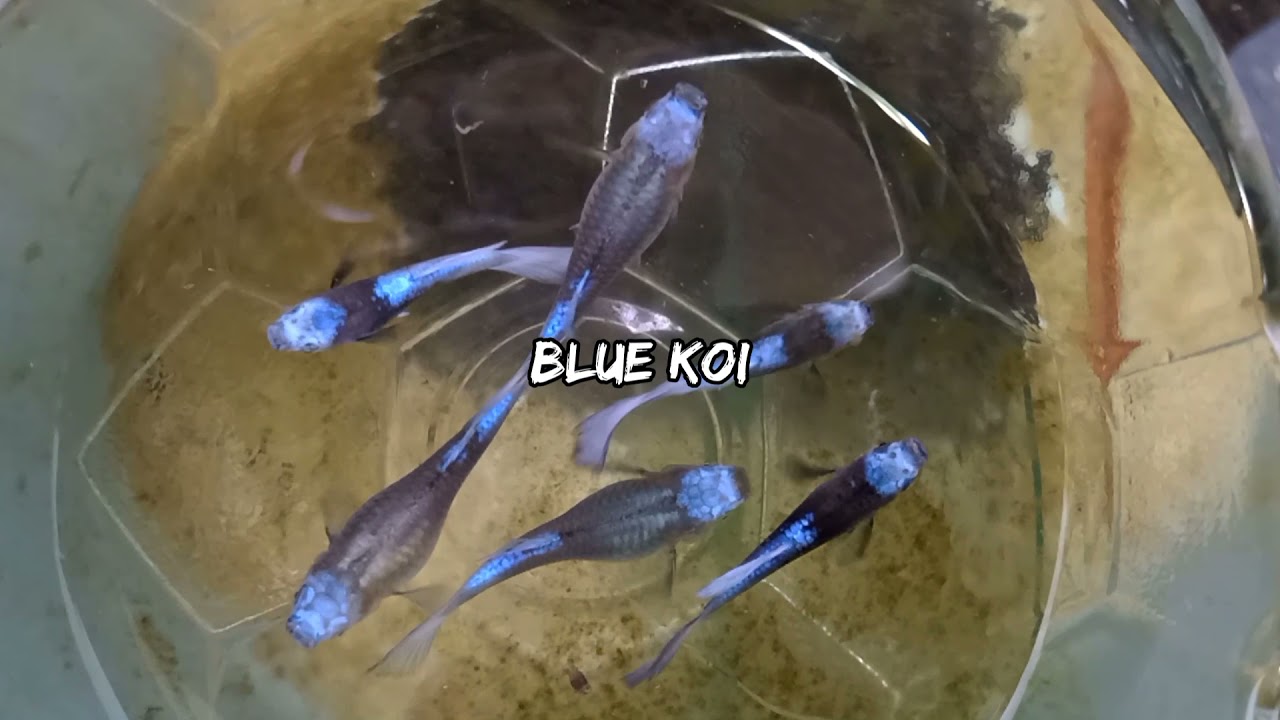
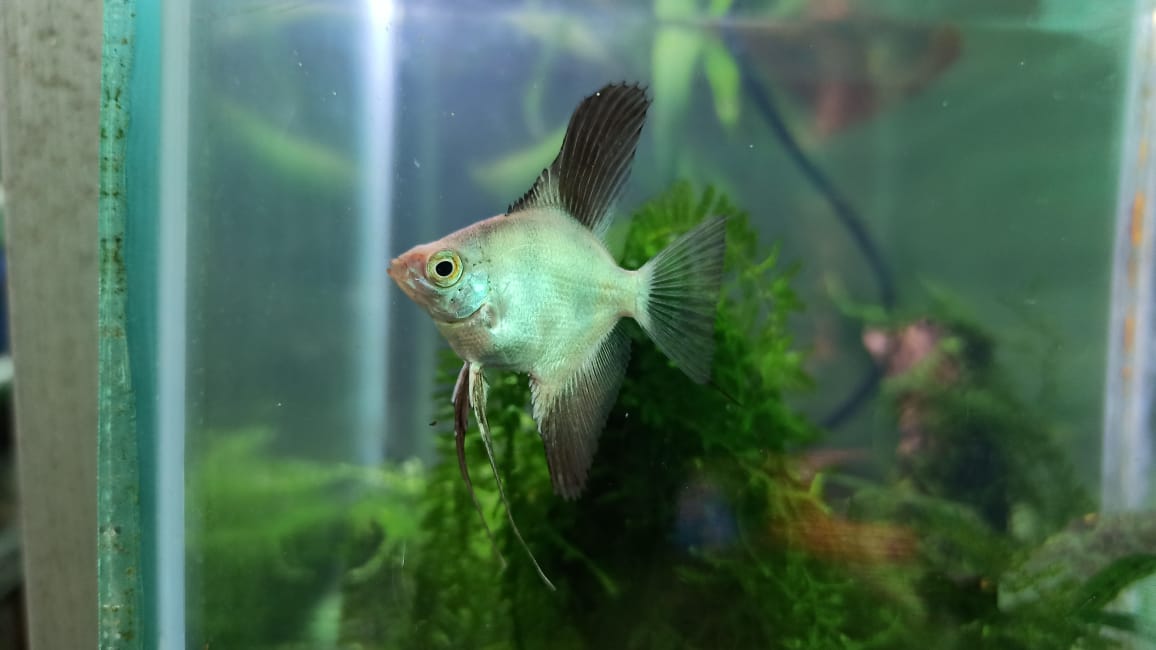
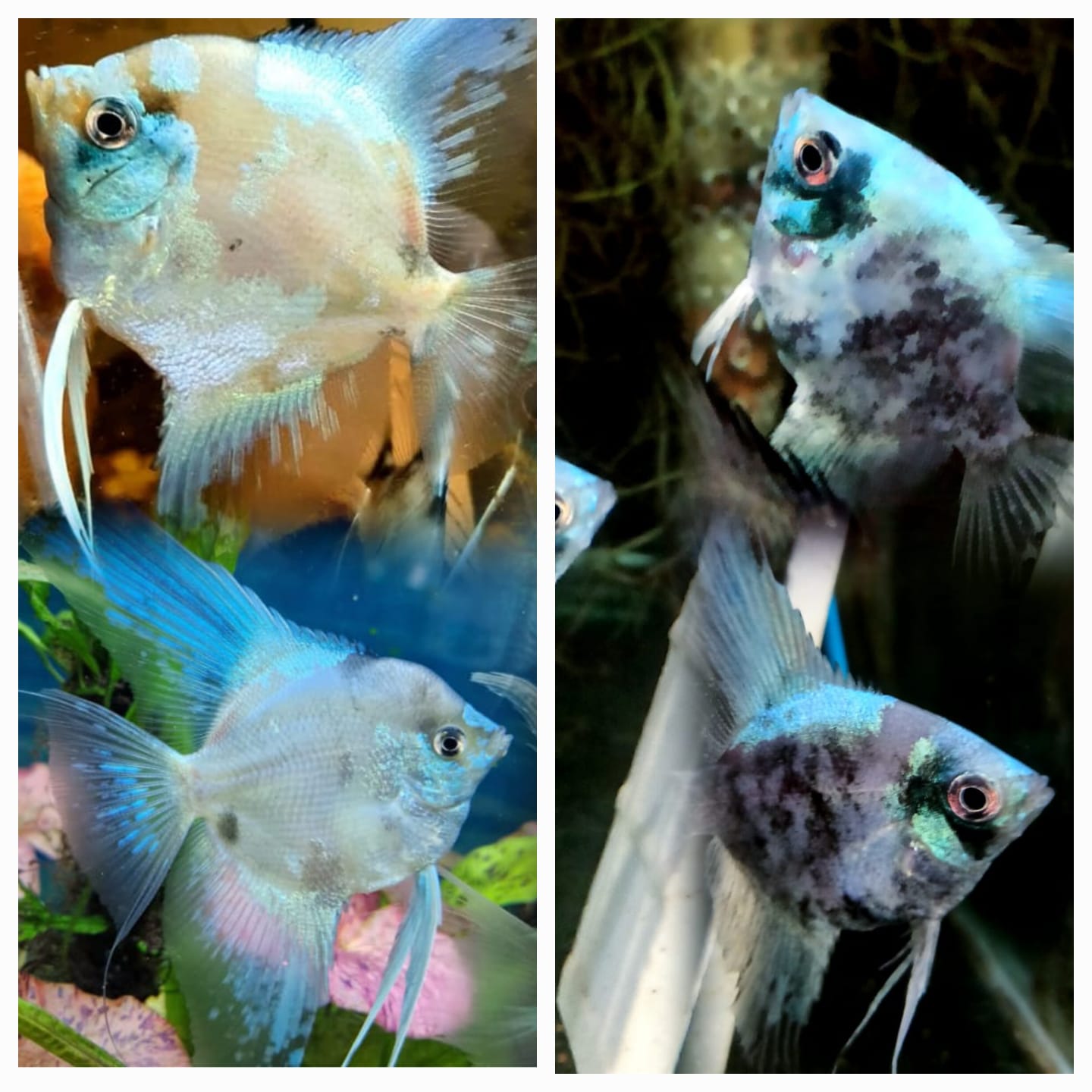
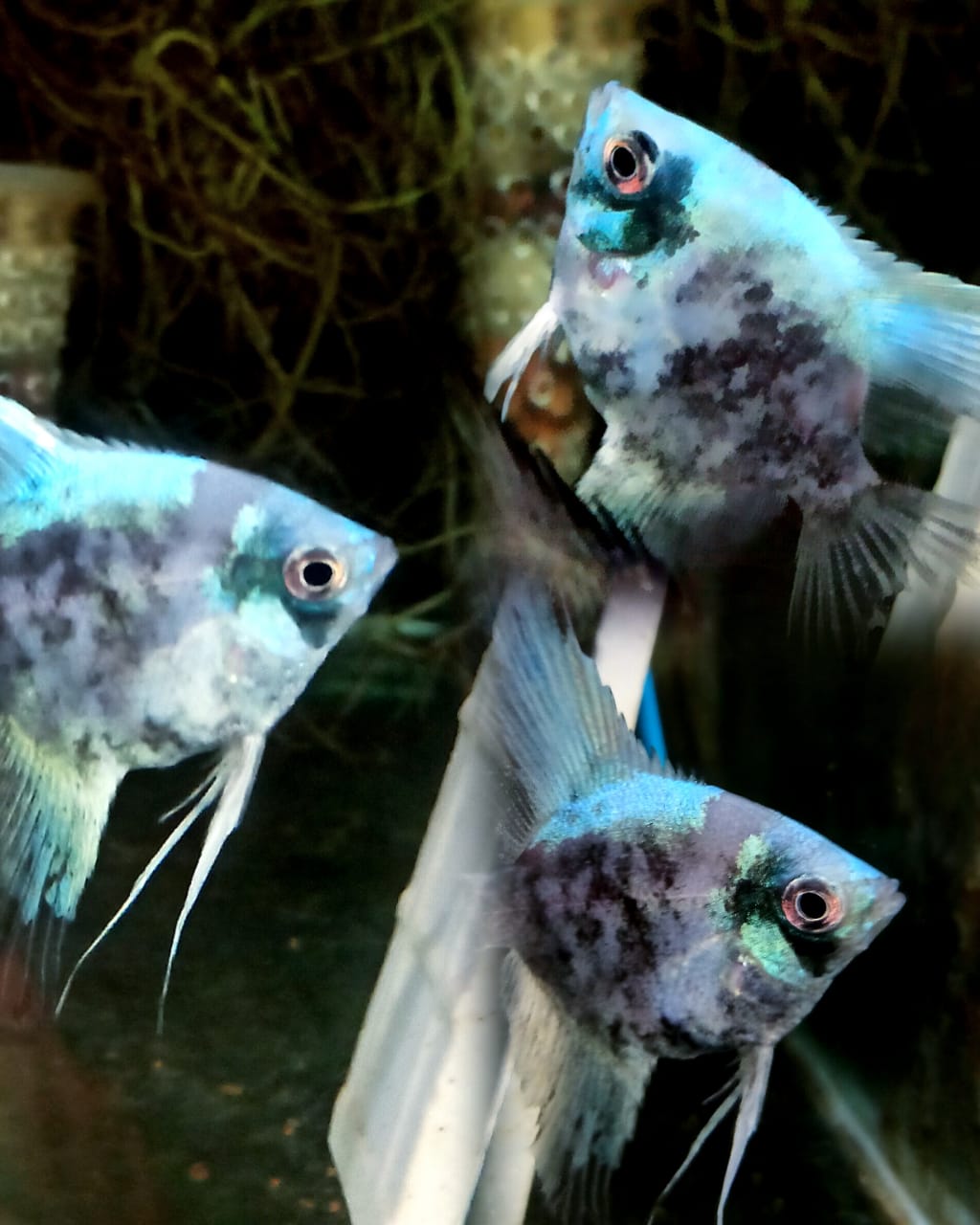
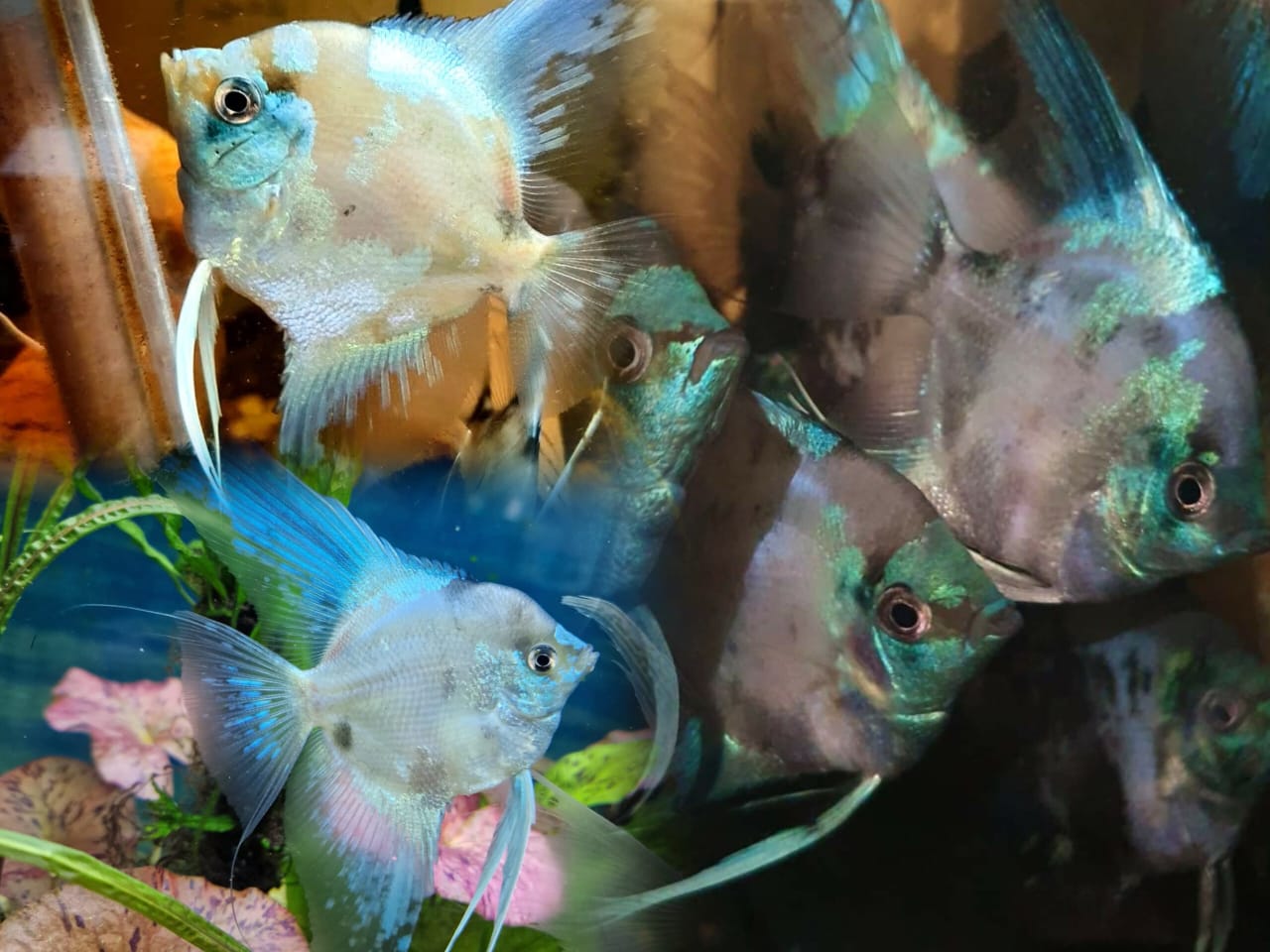
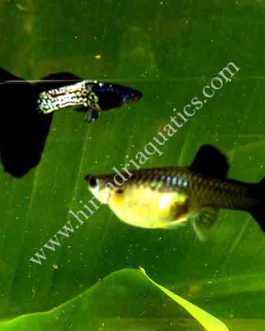
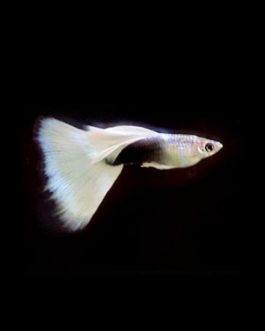
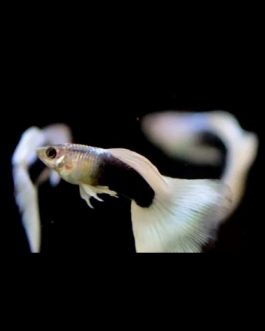
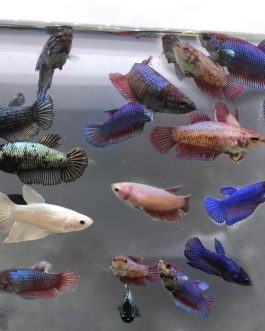
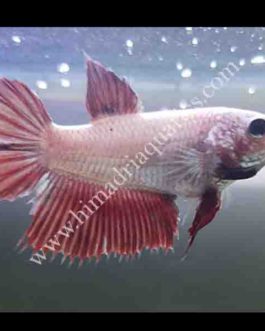
Reviews
There are no reviews yet.